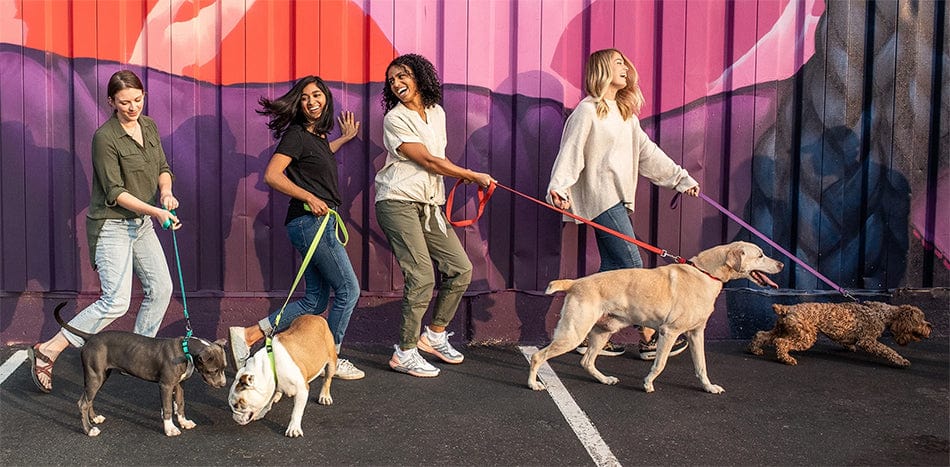Your cart is empty. Let's fix that!


This post is written by holistic veterinarian Dr. Angie Krause, DVM, CVA, CCRT.
Parvovirus, also known as parvo, is a potentially fatal virus that affects puppies and unvaccinated dogs. This virus affects the gastrointestinal tract of dogs, and often requires hospitalization and aggressive therapy. Parvovirus infections are usually preventable in puppies and adult dogs. In this article, I will outline how your dog could contract parvovirus, what symptoms you might notice, how parvovirus in dogs is treated and, most importantly, how to prevent it.
Canine parvovirus is very tough and difficult to kill, and can last in the environment for months or even years. It is extremely contagious, and dogs can catch parvovirus from either the exposure of poop from an infected dog or from sniffing the ground where infected vomit or feces was once present. The incubation period (the period of time between exposure to the virus and symptoms) is 7-14 days.
Common places to contract the parvovirus are dog parks, commonly walked paths, yards that housed dogs with previous infections, animal shelters, and pet stores.
Symptoms of parvovirus range from moderate to severe depending on the age, size, breed and health of your dog. Most dogs experience lethargy, vomiting, severe diarrhea, low or no appetite, fever, dehydration and increased heart rate. Complications include bacterial infections of the blood, shock, seizures, and death. This virus causes the lining of the intestinal tract to slough, leaving your dog vulnerable to infection. If your dog becomes exposed to parvo, it is important to watch for the above symptoms and contact your veterinarian right away if your pup shows any sign of illness.
Treating this disease usually requires around the clock hospitalization, IV fluids, IV antibiotics, medications to maintain hydration and blood pressure, and supportive care. Treating a puppy with parvovirus will cost several thousand dollars. Most dogs need at least 3 days of hospitalization, with many needing up to 7 days. This is a potentially fatal virus that is most successfully treated with early intervention, and should not be treated at home.
This virus is preventable by protecting puppies too young to be vaccinated and by keeping your dog current on their parvovirus vaccine.
Here are my recommendations for puppies:
After the initial puppy series of parvovirus vaccinations are complete, a vaccine booster is available at one year. After this booster, it is recommended that the parvovirus vaccine be given every three years. For my patients that have health concerns, such as autoimmune disease, I recommend checking the amount of antibodies to parvovirus in their bloodstream. Titer tests are blood tests that assess whether or not your dog has protection (antibodies) against the parvovirus from previous exposure or vaccinations. These simple blood tests can be collected by your primary veterinarian and then submitted to an outside lab for analysis. They are extremely useful for avoiding vaccinations in compromised or unhealthy animals.
Parvovirus in dogs can be really scary! Fortunately, it is preventable and often treatable. You are your pup’s advocate. The more you know, the safer you can keep them. Keep up the good work, your dog is so lucky to have you.
With love,
Dr. Angie